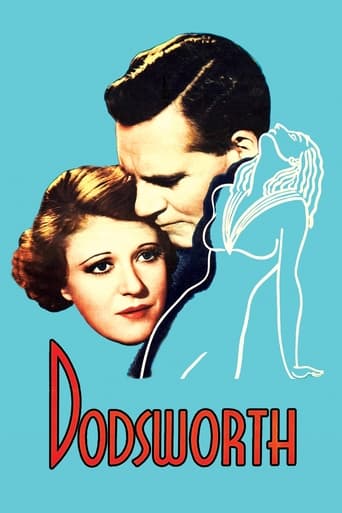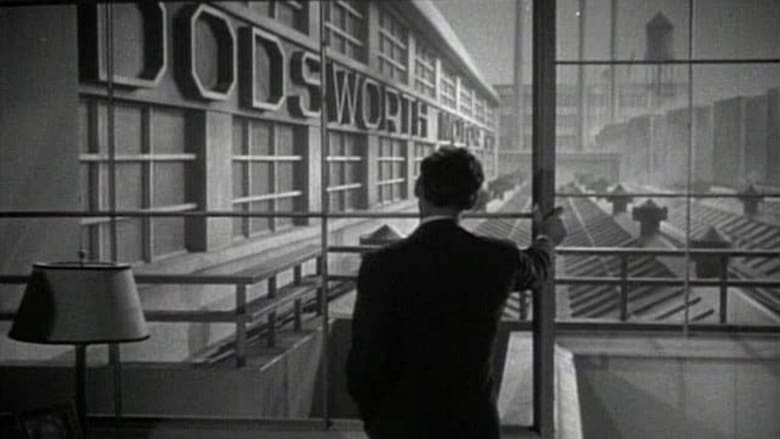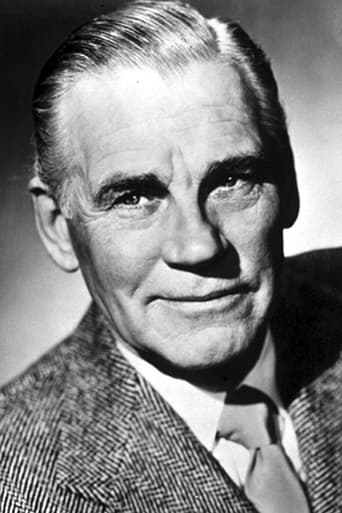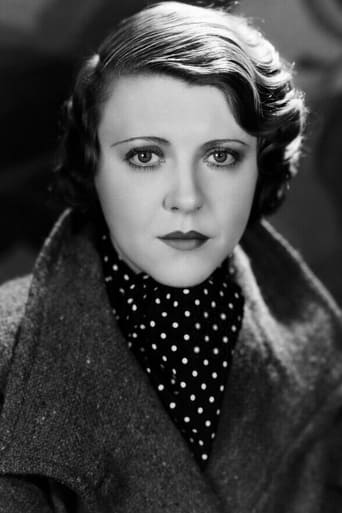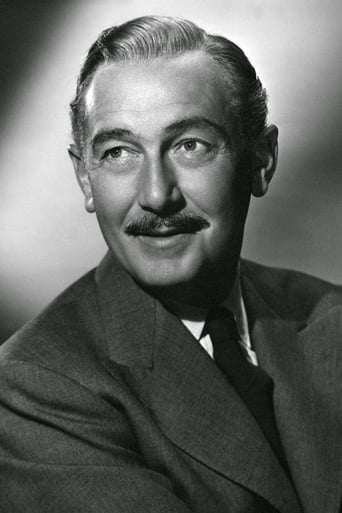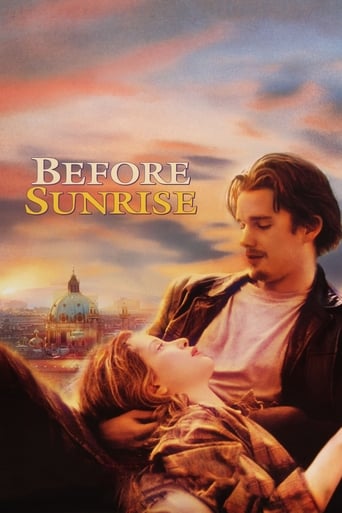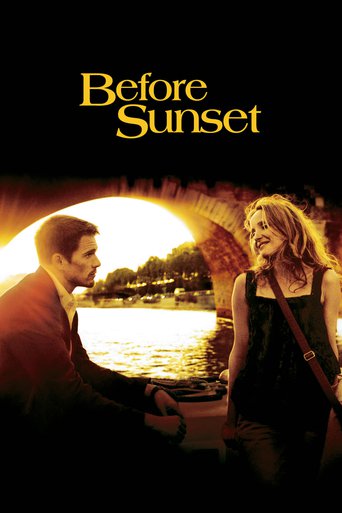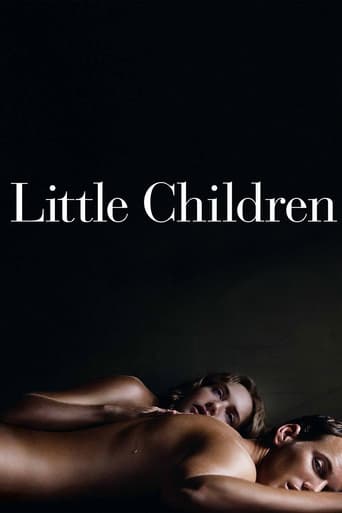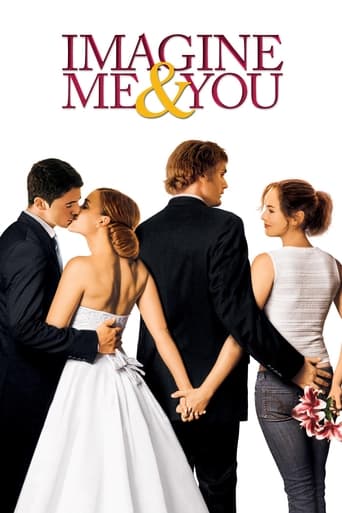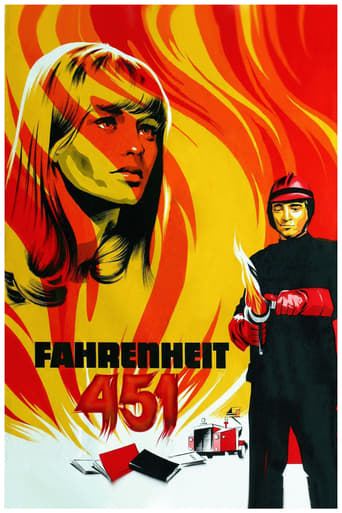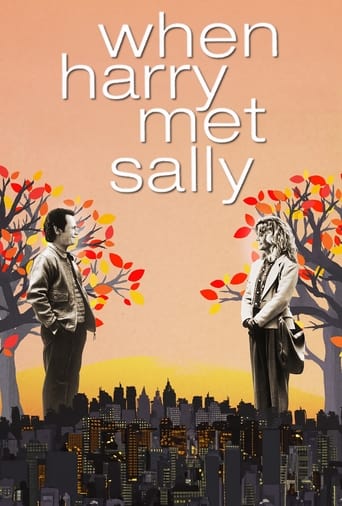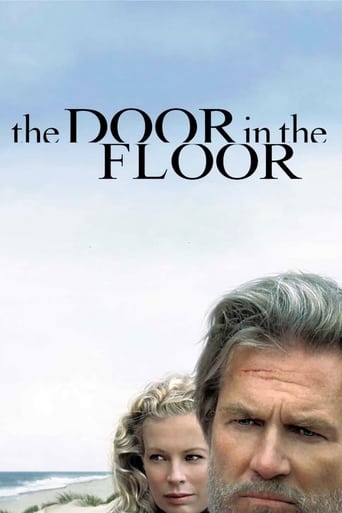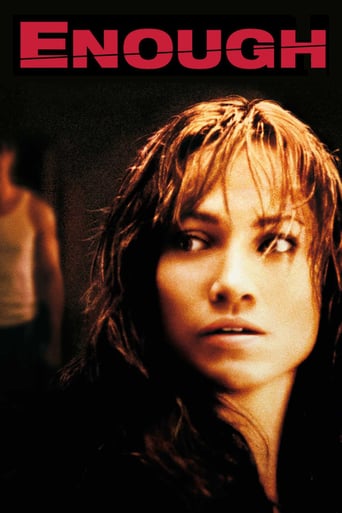Dodsworth (1936)
A retired auto manufacturer and his wife take a long-planned European vacation only to find that they want very different things from life.
Watch Trailer
Cast


Similar titles
Reviews
If you don't like this, we can't be friends.
There's no way I can possibly love it entirely but I just think its ridiculously bad, but enjoyable at the same time.
The acting is good, and the firecracker script has some excellent ideas.
This movie tries so hard to be funny, yet it falls flat every time. Just another example of recycled ideas repackaged with women in an attempt to appeal to a certain audience.
I don't know how to review this movie, because there's no one aspect I can comment on without looking like I'm singling them out over the others. Every part of this movie adds up to something so much greater than the sum of its parts. Ultimately, I suppose the credit goes to the director, William Wyler, though in 1936 I'm not sure he would have had the same kind of control a director can have now with casting a movie, deciding on a screenwriter, crew, and that sort of thing. But it all comes together for something so perfectly conceived, that I can't really just mention the story, or the performances by Walter Huston and Ruth Chatterton; the writing, the cinematography, or set design.A description of the movie or even the type of film or genre it's in wouldn't do it justice in the way that I could at least describe some of my other favorite movies. It does everything right-it's so sophisticated, sensitive, mature, in dealing with the marriage of a middle aged couple going on their first vacation in twenty years together.Minor spoiler-it deals with so much, but if you were to describe the story, it's about how Dodsworth (Walter Huston) and his wife, Fran (Ruth Chatterton) leave America and really try to enjoy themselves and each other for once. But Fran is insecure about her age and her older husband, and this insecurity begins to push her away from him and towards, well, not necessarily even other men, but away from anyone.And yet, that doesn't come close to describing what this movie is really like or what it's about. It's every moment that's played so sensitively. It's got lots of emotion, but it's not sentimental. It's got a ruthless efficiency in building each scene upon the last, clearly giving each character different motivations and showing how their relationships change.I haven't seen this movie show up in many discussions or top lists, but it doesn't matter. It doesn't affect anything about the movie, whether it's under seen or under respected. TCM showed it one evening as one of their Essentials, which gave me some exposure to it. Then I read David Mamet's book, Bambi vs. Godzilla, which keeps referring to Dodsworth. In it, he says that it's one of a few perfect movies. So I finally bought the DVD and watched it in earnest, and it was a singular experience.For all the words like "mature" and "sensitive" or "grown up" that get used to describe it because of just how realistically it shows the dynamic of a marriage that is unraveling, those don't really describe what the movie is about. Yes, it is all of those things, and it is refreshingly realistic and attentive to the details of the relationships in it. More than most movies, and perhaps surprisingly so for any movie of its period. Or today.Dodsworth is more than those things because it's like an event that transcends movies. This isn't really even a review. I just feel like someone has to add, for anyone curious, what an incredible experience this is. It's a jewel of a movie. Whenever I see a movie like this, and see how most people regard movies today and see them mostly on their opening weekends (not to be elitist, because there's a lot of reasons for that, and I'm not using my interest in movies to leverage myself as having better taste-and I know people would love this movie if they saw it), I feel like I've found this secret. A movie like this is subversive to me, and that may be peculiar because of how much I love movies and want to make them, but I feel like it's an alternative to a life of working a regular or corporate job and having what I would (though I'm overstating it for lack of better words) call a mundane life.Movies in general, and especially singular movies like Dodsworth, are like secrets to me of how incredible a single experience can be. I have been thinking about it constantly since I saw it, and whenever I see a movie that even approaches it's greatness, my mood is lifted, my problems seem to go away, and a movie like this can seem like all I need or care about, because it's like an experience in another dimension. And it's so quotable-the dialogue comes so densely in pace and meaning, and it's got lines that will stun you.To borrow a line from the movie, if you watch it, you may become fascinated by it.
In "Dodsworth," the title auto magnate embarks on a European tour with his wife, who takes up with a series of penniless but titled men. To modern ears, the plot sounds a tad soapy, but in 1936, social-climbing American divorcées were the destroyers of dynasties, not dowagers out of Danielle Steele, so this Sinclair Lewis novel gets a very tasteful, respectful film treatment with an A-list cast (Walter Huston, Ruth Chatterton, Mary Astor) and director (William Wyler, master of middlebrow, middle-class drama -- see "The Best Years of Our Lives"). The results are uneven, thanks to an awesome performance by Huston and an awful one by Chatterton, but generally entertaining, thanks to genuine suspense about the survival of the Dodsworth's marriage.Craggy Hollywood legend Huston plays craggy American archetype Sam Dodsworth, a man of humble origins who claws his way to the top through brains and industriousness. After he sells his automobile company to a huge competitor(quite realistic for the time --young audience members will be shocked to learn that there were once more than three car companies in America), his American archetype wife, the vaguely ditzy and dissatisfied Fran (Chatterton), convinces him to enjoy his new leisure by sailing for Europe since she's never been happy in her home town of Zenith (had she read more Lewis novels, she'd realize no one is, not even George Babbitt). Innocents (or idiots) abroad is another shopworn American theme, and here, Europe doesn't get an especially sympathetic treatment since the whole continent is portrayed as swarming with well-dressed smoothies looking for any chance to sponge off of rich, gullible American women. Ruth throws herself at tux after tux, one of which encases a young David Niven (who bears a striking resemblance to a middle-aged David Niven and an old David Niven), until Walter finally has enough and succumbs to the charms of lovely Edith Cortright (Astor), a sad-eyed, charming American divorcée living in Naples. Astor is good, she's very good, as lovely Edith, and I wonder if more traditionalist audiences in the 1930s were rooting for the end of the Dodsworth marriage (as I was) or the reconciliation of Sam and Fran. Wyler and the screenwriters try to build some sympathy for dear Mrs. Dodsworth by subjecting her to a humiliating dressing-down by a slow-talking European countess (the wonderfully named Madame Maria Ouspenskaya) whose son Fran aspires to marry. But since the character of Fran is so shrill and annoying, thanks in part to the script and thanks in part to Ruth Chatterton's inability to convey any real feeling (the character makes about three transitions in every scene, none of which ol' Ruth bothers to register), you kind of wish that the good Madame will pull a pearl-handled revolver from the folds of her gown and put Ruth and the audience out of their collective misery.Once you ignore Ruthie, though, "Dodsworth" is a pretty good time. Between the epic score and the epic scenery, it's a fantastically lush production, and there's some clever filmmaking going on between the economical dialogue (entire relationships are established in three lines) and smart cinematography (every time you see a character standing in a doorway, something major is about to happen). And Huston excels as the kind of homespun hero that Spencer Tracy or Jimmy Stewart were too young to play in 1936, and to his great credit, he doesn't shy from Sam D's darker side -- the scene in which he returns, cuckolded, to Zenith and starts yelling at everyone in his house is fantastically uncomfortable. Angelica inherited her talent from him and her looks, blessedly, from somewhere else.
Amazingly adult for 1936, this Samuel Goldwyn/William Wyler adaptation of Sinclair Lewis's novel actually suggests that a decent man with an awful wife would do well to run off with an attractive divorcée. How un-Hays Code of it! The film reeks of prestige yet doesn't feel stuffy, and, Henry James-style, is firmly on the side of American unpretentiousness and hard work vs. European highfalutin-ness. There are flaws--scenes that end inconclusively or at the wrong moment, an intrusive Alfred Newman score, a Ruth Chatterton performance that might have been toned down a bit by Mr. Wyler--but they fade into insignificance against the resounding adultness of the themes and treatment. Walter Huston, probably the best actor we ever had, is at the top of his game here: Watch him in the scene halfway through, where he's rattling about his large antiseptic Midwestern home, miserable without the Mrs.--and Mary Astor is warm, assured, and utterly delightful as the realistic, straight-shooting woman who's his real match. And Spring Byington, whom I usually find annoying, sensitively underplays a Midwestern matron and makes a large impression in a small role. With an essentially soap opera plot, it manages to make larger points about aging, overcoming regret, and Old World vs. New World. Sinclair Lewis is not as well remembered as he should be, and this, the best screen adaptation of his work, is an excellent introduction.
In the opening scene, retiring tycoon Walter Huston bids farewell to his staff and leaves for home, taking a lingering last sentimental glance at his automobile factory and the choking effluential plumes of flue gas spewing out carbon monoxide and other contaminants and I thought, uh-oh, a gloomy story of a man dealing with role loss. As in, "I no longer work, so what do I do NOW, Ma?" Wrong, though. Huston is tickled pink to have time enough at last to do all the things he's been putting off, beginning with a trip to the capitals of Europe. He's happy as a clam on the Queen Mary. It's his wife, Ruth Chatterton, that's having the problem.It's not having a retired man lying around the house all the time either. That's Problem Number Two. She's suffering from Problem Number One. If my husband is now retired, that must mean I'm growing old.Her spirits are buoyed on the Continent though because she attracts the attention of a number of younger men, beginning with the debonair David Niven and extending in time to the suave, hand-kissing Paul Lukas, showering every woman with his pheromones the way Dodsworth's factories bathe their surroundings is particulate waste.Huston notices all this going on and when he's ready to return to his Midwest mansion, Chatterton wants to stay on for a while in Europe. She stays on for a while. Huston sullenly returns home to find his son-in-law and daughter have taken over the place, moving things around in his den, using his cigar humidor to plant bulbs in, and whatnot.So he returns to Europe where he finds his wife and Lukas sharing a vacation in Biarritz. A bit of friction, there, exalted in magnitude when Chatterton learns that she is now, gasp, a grandmother! Man, is she having a tough time accepting time. Huston meets Mary Astor and there is an electric arc. Gallop apace, you fiery-footed steeds.So far I guess I've made it sound as if Huston is the good guy and Chatterton the mephitic slut but that would be the wrong impression. It's an adult movie. Huston's character may be a bit too much the man of principle, but Chatterton's character has a touch of pathos. She's considerably younger than Huston and isn't ready for the kind of role discontinuity that's being forced on her. Huston has gotten his kicks out of Europe and he wants to settle down and breathe the cold contaminated air of his home town. But what has she got to look forward to? Stretch marks, cellulite, Botox, and a man who shortly will show as much sexual interest in her as in a manatee. It's not a simple-minded flick. Even Lukas, whose role is that of the seducer, is given his due. She invites him into her flat while her husband sleeps in another room and he hesitates because he believes it to be wrong, though he confesses his love for her.But neither does much happen outside these family dynamics and rather routine romantic flings. I found the acting stiff. I like Walter Huston but in these kinds of films he's kind of hard to take seriously -- those sly, knowing, sideways glances; the stern and business-like tone of voice that varies so little. Chatterton's performance is professional but no more than that.I'd like to give it a better recommendation because it has ambition and reach, but it's a little dull and talky for me. Others might enjoy it more.

